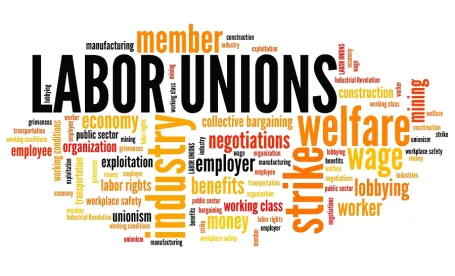Signaling another departure from decisions made during the era of former President Barack Obama, the National Labor Relations Board (NLRB) last week restored the ability of unionized employers to implement unilateral changes to employment conditions where there is a clear past practice—the so-called "dynamic status quo doctrine." The Board's ruling increases the discretion of unionized employers in making business decisions.
In Raytheon Company, the board, in a 3-2 decision, held that employers' actions do not constitute a "unilateral change" triggering bargaining obligations if those actions are in line with an established history of similar actions. This decision provides unionized employers with much-needed latitude, particularly regarding the often-contentious issue of health care benefits.
This decision overrules a 2016 Obama-era NLRB case, E.I. du Pont de Nemours, in which a sharply divided Board held that actions consistent with an established practice nevertheless trigger bargaining obligations—and a duty to make no changes pending bargaining—if the past practice was created under a management-rights clause of an expired collective bargaining agreement or involved an exercise of the employer's discretion.
In the strongly worded opinion, the Board in Raytheon rejected the ruling in DuPont, declaring that "the decision improperly departed from fundamental principles governing past practice and the duty to bargain" and ignored the need for "certainty and predictability."
In Raytheon, the Board noted that the changes at issue, involving the company-wide medical plan that covered union and non-union employees alike, had been occurring annually over the last decade and that each year saw increases to premiums and fluctuations in available benefits, medical options, deductibles and co-payments—all changes "one regularly sees from year to year in cafeteria-style benefits plans."
The Board ruled that the disputed changes to health care benefits were consistent with the employer's established practice and did not trigger a duty to bargain simply because some employer discretion was involved. The Board also stressed that the management's duty to bargain with the union on all mandatory matters remained intact, regardless whether a past practice/dynamic status quo was involved.




 />i
/>i

